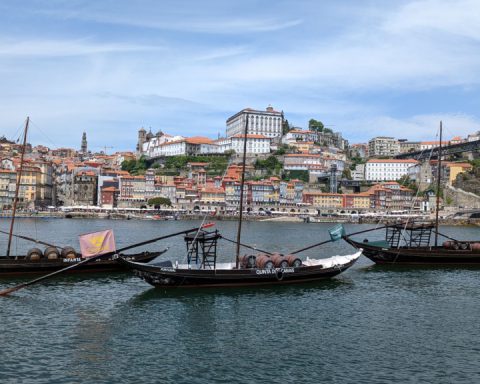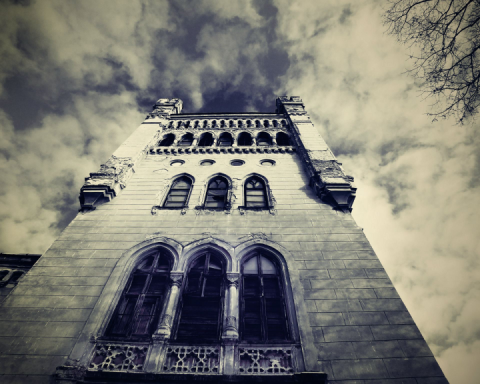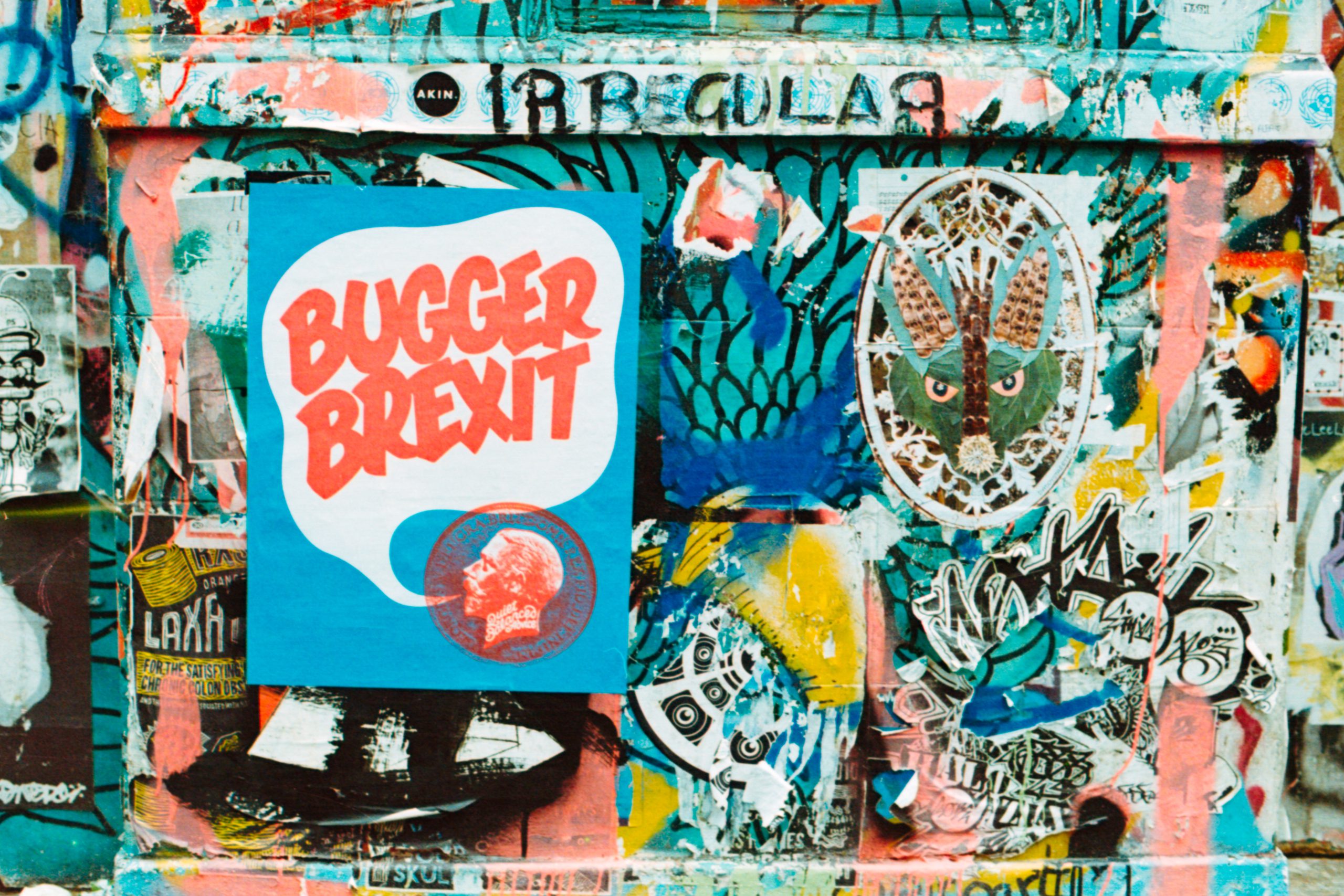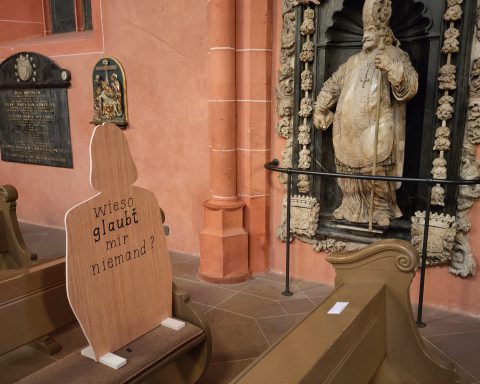Growing up in the 90s in Brazil, I knew nothing about Africa. They’d show emaciated kids with big bellies on TV, UNICEF would ask for money, I’d hear something about Ebola. They’d show us Africa as a hopeless place, and as a distant place. It was either savanna, or urban areas covered with garbage and people on top of each other.
I’d dare say that many Brazilians would still rather visit the fake safari at Animal Kingdom than the real deal at Kruger Park.
I remember hearing nothing of the modernized, globalized Africa I’d later come to find out about during my post-graduate studies and visits to Mozambique.

They didn’t show Mozambique’s mansions on TV, or the fact that Maputo looks like Rio in some senses, including in gaping social inequalities and urban café culture. They didn’t talk about the fact that many in Maputo listen to Brazilian music, read Brazilian books and watch Brazilian soap operas – and that they did so even during colonialism and civil war. We didn’t think about the fact that people of different racial and ethnic backgrounds live in Mozambique. I didn’t know I liked many of the same TV shows and movies as the people I’d get to meet in Maputo.
The people in Maputo understood my Brazilian Portuguese, and I understood their Mozambican Portuguese. We saw the same evangelical Brazilian mega-church as the anti-Christ.
But I’d heard nothing about the engaged African youth in my formative years. In school in Rio and São Paulo, they’d talk about African slaves in monarchical Brazil. In Salvador, they’d take us around to the places the slaves had touched with their culture. Successful Afro-Brazilians were either entertainers, soccer players, or actors who played low-income characters in soap operas. At parties, jokes about black people abounded, but no one would see it as racism. Apparently now they’re required to teach about Afro-Brazilian heritage and history in school – I wonder just what they’re teaching.
One of the first people I ever loved happened to be black. She took care of me when my parents were out. As a kid, I didn’t give any thought to the fact that my only black acquaintances were related to her and the other women who took care of me. Also, I didn’t connect Brazilian blacks with Africa where their ancestors had come from.
Brazil, the “racial democracy,” the tolerant melting pot. The country has made its name in the world this way, but things in Brazilian society are quite different.
It was not until I moved abroad that I began to give these issues serious thought. Early into college in Florida, I heard from our teacher about how racist she had found Brazilian society to be when she’d lived as a researcher in a favela there. I instantly knew that she was right – it was like I’d always known, but the realization had been dormant until then.

It’s rare that we hear about a black politician, a black executive from Brazil. We had a female president well before we’d ever have a black one. Even she had trouble for not being a white man. The reasons for her impeachment are quite complex, but I’d dare say that sexism had something to do with it.
In the U.S., I got to go to school with black students for the first time. Even though racism is still rampant in the U.S., the issue has gotten, comparatively, wide acknowledgment. Not in Brazil – Brazil has never had a Civil Rights Movement. If we’d had official segregation like in the U.S., perhaps people would have been rallied up to change the scenario.
But Brazilian racism has been more latent, and the idea of tolerance used as a political strategy. We’re everybody’s friends, if we can get something in return. This mix of cordiality and pragmatism seems to have gotten the Brazilian state many a deal with states on different sides of the ideological spectrum.
Oh, and did I mention many of our diplomats and presidents have claimed a special bond with Africa, an idea President Lula revived? I didn’t know that while living in Brazil, either. Due to our many African descendants (calculated at about 100 million, or half the population), they like to say:
“Brazil is the second biggest African country in the world, behind Nigeria.”
In hindsight, I’d been fascinated with Brazilian politics from an early age, and with colonialism.
I’d watch the Horário Eleitoral, the time slot candidates got each day on TV before the elections, all the time and memorize their campaign songs. I’d listen with interest to stories from my leftist father, who’d been a student leader during the right-wing military dictatorship in Brazil (1964-85). He knew yet another side of Mozambique and Angola, Portuguese colonies like Brazil: their socialism after independence. He knew leftist Brazilians who’d gone and helped out there, fleeing the dictatorship back home.

Brazil became the last country in the Americas to abolish slavery – in 1888. It had also been the country to receive the most slaves during the Atlantic slave trade. Slaves were freed but left to their own devices, without social help for a transition into society. Afro-Brazilians and Native Brazilians were relegated to the margins. And yet, Gilberto Freyre’s lusotropical myth, a product of the late colonial era, maintained that their “tolerant” treatment meant we had a racial democracy we should spread to the world. I guess the silver lining is that he acknowledged that those groups had contributed to Brazilian society somehow, as opposed to many intellectuals before him.
We’ve been sedated and complacent all this time, and some outright hateful and blind.
Today, members of the conservative elite in Brazil are unhappy about the quota system finally instated in Brazilian universities to admit Afro-Brazilian and Native Brazilian students. They’re also unhappy about the social program (Bolsa Família) that gives poor families subsidies to keep their children in school. In Brazilian society, poverty and crime are still associated with being black. Black women are still harassed and bullied for becoming celebrities.
For the past several years, I’ve dedicated myself to studying Brazil-Mozambique connections. What I’ve been learning is changing the way I view not only my own country, but also my own personal history. It’s forcing me to face uncomfortable truths – ones that we’re way overdue talking about, especially in these times of rampant resurgent reactionism.










